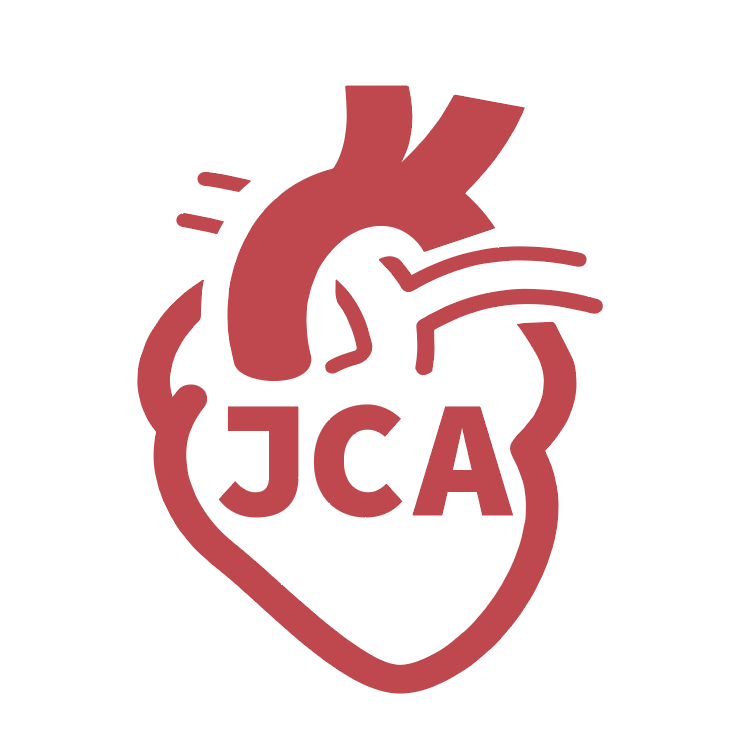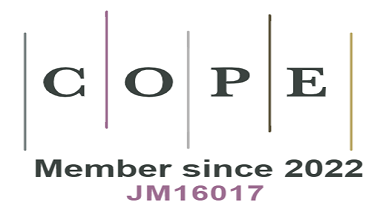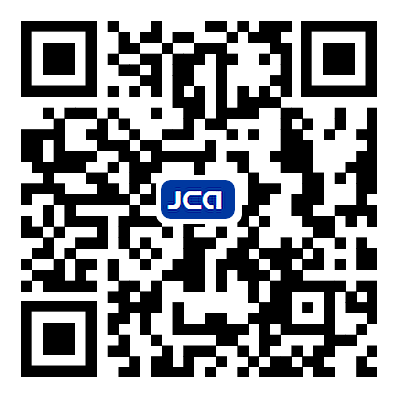Passion for science: a journey of inspiration and dedication
Mohit Hulsurkar [Figure 1], a brilliant young investigator, works in the Department of Integrative Physiology at Baylor College of Medicine. His outstanding research on atrial fibrillation earned him the prestigious American Heart Association Career Development Award last year and the Heart Rhythm Society’s postdoctoral fellowship. Apart from his dedication to science, Mohit has a deep passion for gardening and has created a small garden in his backyard, involving his family in the process. He wants to make a difference in patients’ lives with his research and believes that only individuals with a strong passion for research should embark on the path of scientific exploration. During an interview, Mohit shared his inspiring journey towards becoming a scientist.
Mohit, tell us about yourself. What led to your decision to pursue your career outside your home country?
I’m originally from India. I studied engineering in biotechnology. I aspired to become a scientist. However, the competition in India is incredibly tough, and you need to be among the top 1%-5% to secure a place in a reputable institute. On the other hand, so many institutes in the US provide high-quality education. Considering this, I felt that coming to the US was a better choice.
So, you decided to pursue higher education in the US?
Yes, that’s correct. I pursued my master’s degree in biotechnology in Texas because I wasn’t entirely sure if I wanted to pursue a Ph.D. While I wanted to become a scientist, my exposure to research in India was limited. So, during my master’s program, I took the opportunity to shadow researchers in various labs. It was during this time that I realized my passion for research and decided to pursue it further.
How did you end up in cardiovascular research? Did anyone inspire you?
From a young age, I knew I wanted to be a scientist and make a meaningful contribution through research. Initially, my goal was to study immuno-oncology, and when I saw the research infrastructure and opportunities at the MD Anderson Cancer Center, I knew this was the place where I wanted to pursue my Ph.D. I ended up studying the effects of behavioral stress on cancer progression and that led to cardiovascular research eventually.
Although no one specifically inspired me directly from the field of cardiovascular sciences, during my undergraduate studies, I came across a textbook called "The Molecular Biology of the Cell." It introduced me to the fascinating world of cell and molecular biology through its detailed illustrations and electron micrographs. That experience left a lasting impression on me and fueled my desire to pursue a similar path in the future. A few years ago, I had the opportunity to meet Dr. Alberts, the author of that textbook. While he has shifted his focus to science policy, meeting him reaffirmed my passion for science and research.
That’s wonderful. It’s great that you had the chance to meet someone who had such a significant impact on your career choice.
Yes, absolutely. While I was already on track to become a scientist by the time I started delving into cardiovascular research - I already had received my Ph.D., there have been several mentors who have influenced my journey since. Dr. Wehrens, for instance, has been a tremendous influence in terms of envisioning projects and thinking about the bigger picture. I’ve also had the privilege of working with Dr. Stanley Nattel, who has generated an impressive body of work and continues to inspire me. Among the younger generation, Drs. Na Li and Svetlana Reilly are someone to look up to. I have witnessed Dr. Li transitioning from being a postdoc to successfully establishing her research program that is widely recognized and funded. She serves as a role model for aspiring scientists.
That’s truly very inspiring. So, what are your long-term plans? Do you aspire to become an independent investigator?
Yes, my goal has always been to do something meaningful through my research. I am trying to establish my research program. While I’m not entirely sure what that entails yet or the direction it will go towards, my driving passion has been to make an impact on patient care and outcomes.
That’s a noble aspiration. It’s something many of us share.
Absolutely! That passion keeps us going, doesn’t it? However, establishing a lab and becoming an independent investigator, especially in the competitive field of early-career scientists, is a challenging endeavor. Additionally, the visa situation adds another layer of complexity and limits our options for so many international trainees. So, while I hope to have my lab in the future, it may not be feasible in the near term. But ultimately, I want to become an independent investigator and contribute to the field.
I wish you the best of luck in achieving your goals. Now, setbacks are a common part of our work, whether it’s the experiments not going as planned or grants not getting funded. How do you usually deal with setbacks?
I’ve had my share of setbacks in both experiments and grants. Over time, I’ve learned the importance of good planning and having a sound rationale. When something doesn’t work, instead of repeating the same approach, I take a step back to understand why it failed and if there are any changes I can make. Sometimes, a fresh perspective from a colleague can offer valuable insights and solutions that I hadn’t considered before. I’m not afraid to ask for help, as it often leads to different perspectives and alternative approaches.
Balancing personal life with work is a challenge, especially for those of us with families. How do you manage to strike a balance?
It’s certainly a difficult task. I’ve been fortunate to have a supportive wife who understands the demands of my work. When I had to be in the lab during night hours, we both managed our schedules accordingly. Now, with kids, I try to spend evenings and weekends with them by working from home during night hours. It allows me to be present with my family while still carrying out my work responsibilities. I often work late at night, reading, writing, and analyzing data.
What do you believe is the major challenge for young scientists?
I believe there are two major challenges for young scientists, and they are interconnected. The first challenge is developing an independent research program or project that stands apart from our primary investigator’s work. It’s difficult to establish something substantial that is separate from our mentor’s research. The second challenge is securing funding to support our independent research. It’s a chicken-and-egg situation where becoming an independent scientist requires funding, yet obtaining funding becomes more feasible once we establish ourselves as independent scientists. It’s a cycle of needing money and papers to establish our labs.
Lastly, you mentioned that you often share your thoughts with students and provide guidance. What is your advice for younger generations?
I think that I am still trying to find my feet and am too young to ‘provide guidance’. But whenever I talk with undergraduate or graduate students, I try to encourage them to pursue research only if they have a genuine passion for it. Research can be intellectually stimulating and rewarding, but it requires dedication, perseverance, and a love for the process itself. The rewards are not necessarily measured by monetary gains, so if someone is primarily motivated by financial rewards, then a research career might not be the best fit for them.
DECLARATIONS
Authors’ contributionsThe author contributed solely to the article.
Availability of data and materialsNot applicable.
Financial support and sponsorshipNone.
Conflicts of interestThe author declared that there are no conflicts of interest.
Ethical approval and consent to participateNot applicable.
Consent for publicationNot applicable.
Copyright© The Author(s) 2023.
Cite This Article
How to Cite
Download Citation
Export Citation File:
Type of Import
Tips on Downloading Citation
Citation Manager File Format
Type of Import
Direct Import: When the Direct Import option is selected (the default state), a dialogue box will give you the option to Save or Open the downloaded citation data. Choosing Open will either launch your citation manager or give you a choice of applications with which to use the metadata. The Save option saves the file locally for later use.
Indirect Import: When the Indirect Import option is selected, the metadata is displayed and may be copied and pasted as needed.
About This Article
Copyright
Data & Comments
Data



















Comments
Comments must be written in English. Spam, offensive content, impersonation, and private information will not be permitted. If any comment is reported and identified as inappropriate content by OAE staff, the comment will be removed without notice. If you have any queries or need any help, please contact us at [email protected].